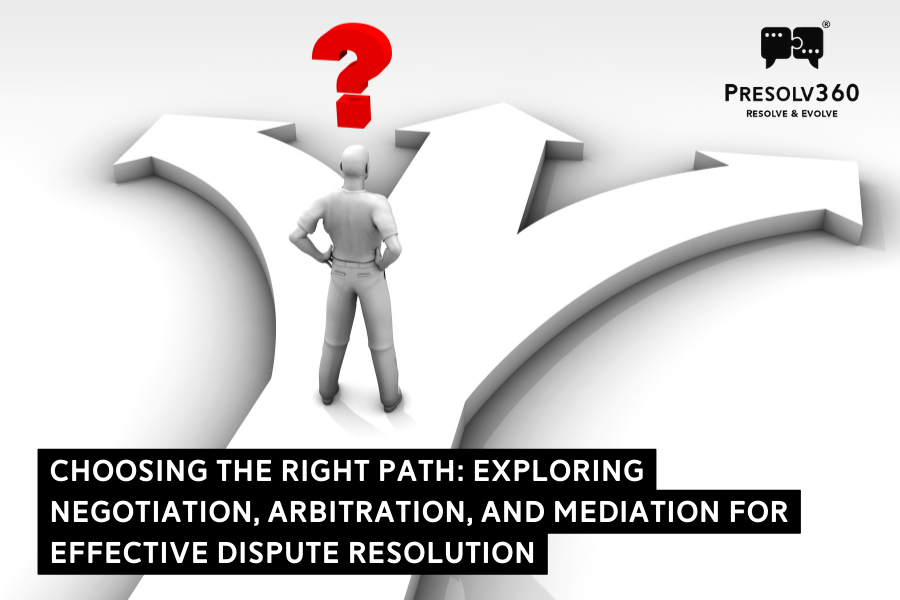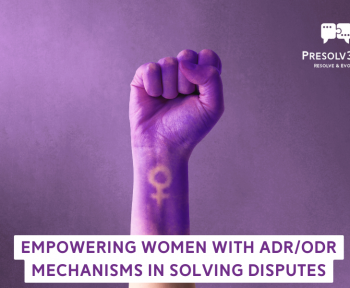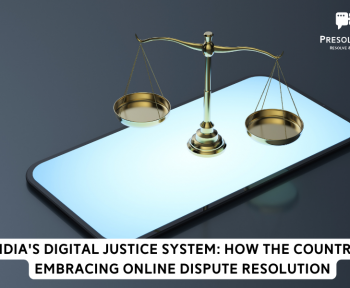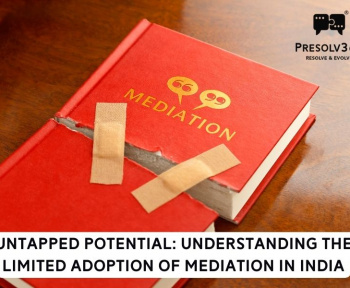Disputes are an unavoidable aspect of human interaction. They arise in various contexts such as personal relationships, professional environments, and commercial transactions. Resolving conflicts promptly and effectively is vital for preserving relationships, promoting fairness, and finding mutually acceptable solutions. When confronted with a dispute, it is essential to consider all available methods of dispute resolution.
Among the primary options for Alternate Dispute Resolution (ADR) are Negotiation, Arbitration, and Mediation, each offering distinct advantages and considerations. By understanding the characteristics and applications of these three approaches, individuals and organizations can make informed decisions on the most suitable path to achieve successful dispute resolution.
Let’s delve into the three methods, examine their intricacies, and explore the circumstances where they each work best.
Negotiation: Seeking mutual agreement
Negotiation is the most common and widely used form of dispute resolution. It involves parties directly discussing their issues and working towards a mutually acceptable solution without the involvement of a third party. Negotiation allows for open communication and gives the parties involved the opportunity to express their concerns and interests. It provides them with more control over outcomes and encourages a collaborative approach to problem-solving.
Negotiation is especially effective in situations where the parties need to preserve their relationships, such as in family disputes, workplace conflicts, or business contracts. It encourages creativity and flexibility in finding solutions that meet the interests of both parties. However, negotiation may not be suitable when power imbalances exist between the parties or when emotions are running high, making it challenging to reach a fair agreement.

Arbitration: A formal and binding process
Arbitration is a formal method of dispute resolution involving a neutral third party who makes a binding decision. It requires adherence to legal procedures and rules of evidence. Arbitration is common in commercial disputes, offering a structured process, privacy, and flexibility in scheduling. It supplies faster resolution, specialized expertise, and confidentiality. Arbitration can be costly, and the decision may not always align with both parties’ interests. However, it is a common recourse for many commercial establishments in case of legal challenges, allowing for a binding judgement without the costs and time of a traditional courtroom setting.
Mediation: Facilitating communication and understanding
Mediation involves a neutral third party, the mediator, who assists in facilitating communication and guiding parties toward a mutually agreeable solution. It fosters constructive dialogue, empathy, and relationship restoration without imposing a decision. Mediation is suitable for emotionally-charged conflicts, relationship preservation, and maintaining control over outcomes. It is common in various disputes, including divorce, workplace conflicts, and community disagreements. Mediation is cost-effective, confidential, and allows for creative solutions. However, active participation and good faith from both parties are essential for successful mediation.

Determining the best fit
Choosing the most appropriate method of dispute resolution depends on several factors, including the nature of the dispute, the desired outcome, the level of cooperation between the parties, and the time and resources available. In some cases, a combination of these methods, such as mediation followed by arbitration, can be useful to resolve disputes.
However, negotiation is often the most preferred method when it comes to resolving disputes. This is because negotiation allows the parties involved to have direct control over the outcome and actively participate in the decision-making process. It promotes open communication, collaboration, and flexibility in finding a solution that meets the interests of all parties. Negotiation also allows for preserving relationships, which can be especially important in personal relationships, ongoing business partnerships, or situations where future interactions are expected.
It is always essential to assess the nature of the dispute and the specific dynamics involved. In some cases, arbitration or mediation may be more appropriate or necessary. For example, if a binding decision is required, such as in complex legal or technical disputes, arbitration provides a structured process with a neutral decision-maker. Mediation, on the other hand, may be preferred when communication and understanding are critical, and parties seek a resolution that goes beyond legal considerations, focusing on preserving relationships and finding creative solutions.
Ultimately the most preferred method of dispute resolution should be determined based on a careful evaluation of the circumstances, desired outcomes, level of cooperation, and available resources. It may be beneficial to seek professional advice or guidance to determine the best fit for a particular dispute.
Conclusion
Negotiation is a preferred and versatile method for resolving disputes, offering flexibility and the ability to address underlying interests. While other forms have merits, such as arbitration or mediation, negotiation consistently emerges as a powerful approach. However, it’s essential to assess each dispute’s unique circumstances and be open to alternative methods when necessary. By selecting the most suitable approach, parties can effectively navigate conflicts, restore relationships, and achieve mutually beneficial resolutions.




